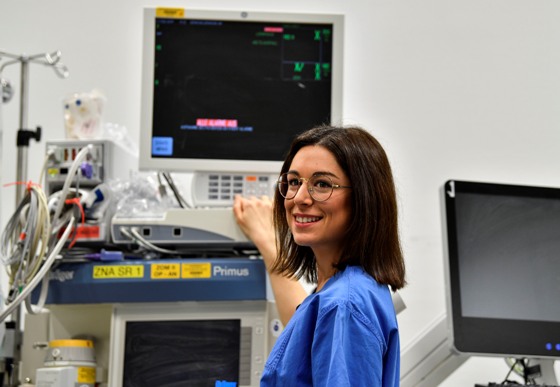DHSS investigating Legionnaires’ disease cases possibly linked to Missouri hospital

JEFFERSON CITY, MO – The Missouri Department of Health and Senior Services (DHSS) is investigating four cases of Legionnaires’ disease among previously hospitalized patients at Phelps Health in Rolla, Missouri. The first case occurred in May 2021. The source of the bacteria that caused these individuals to acquire infection is under investigation.
Out of an abundance of caution, DHSS is advising healthcare providers and the public of a potential health concern for individuals that may have been in contact with a water source within the hospital. People can get Legionnaires’ disease, a serious type of pneumonia, by breathing in small water droplets containing legionella bacteria. In general, people do not spread Legionnaires’ disease to other people.
DHSS is actively working to help prevent additional people from becoming sick by conducting an investigation and working with Phelps Health to implement any needed public health safeguards.
“We are collaborating with our partners in health care to take all the precautions we can in order to prevent any additional infections and to ensure early detection of cases,” said George Turabelidze, MD, DHSS State Epidemiologist. “It can be difficult to confirm the exact source of legionella infection, but we need the public to be aware this illness is out there and, if acquired, it needs to be treated appropriately.”
Additionally, Phelps Health is working closely with its water monitoring company for continued surveillance and testing of its water system, and continuing to reach its providers to provide information regarding the possibility of legionella transmission.
“At Phelps Health, the health and safety of our patients, visitors and staff are our top priorities,” said Phelps Health President and CEO Jason Shenefield. “We will continue collaborating with our partners to help investigate these cases.”
Legionnaires’ disease is a serious type of pneumonia acquired by breathing in small water droplets containing certain types of legionella bacteria. Legionella commonly occurs in nature and not everyone who is exposed to the bacteria will contract an illness. Risk may be greater for those who are 50 years or older, smoke cigarettes or have certain medical conditions, such as a weakened immune system. Symptoms usually begin 2 to 10 days after being exposed to the bacteria, but it can take longer so people should watch for symptoms for about 2 weeks after exposure.
If you develop symptoms of pneumonia within two weeks after being at a healthcare facility such as Phelps Health, seek medical attention right away and inform your provider of your possible exposure. Symptoms typically include cough, shortness of breath, fever, muscle aches, headaches, confusion, nausea, or diarrhea. Ask your doctor to test you for legionella with both a urine test and a respiratory culture. The PCR test is also available. If you test positive for legionella infection, your doctor should report your illness to your local or state health department as soon as possible after your diagnosis.
Additional information on legionella is available from the CDC website.



